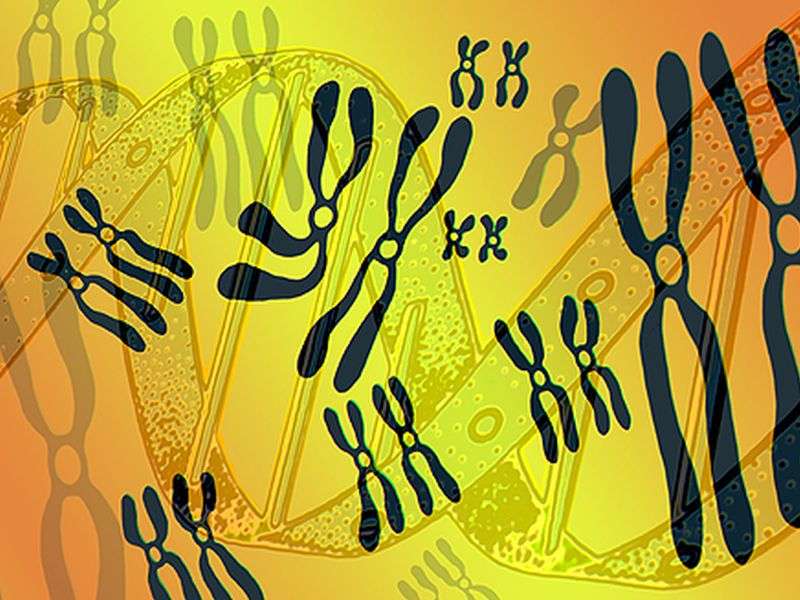(HealthDay)—In germ cell tumors (GCTs), TP53 and MDM2 alterations correlate with cisplatin resistance and are associated with inferior outcome, according to a study published online Sept. 19 in the Journal of Clinical Oncology.
Aditya Bagrodia, M.D., from the Memorial Sloan Kettering Cancer Center in New York City, and colleagues identified a genetic basis for cisplatin resistance among men with GCT who received a cisplatin-containing chemotherapy regimen and had available tumor tissue. The investigators performed whole-exome sequencing or targeted exon-capture-based sequencing on 180 tumors. Using a combination of post-chemotherapy parameters, patients were classified as cisplatin sensitive or resistant.
The researchers found that TP53 alterations were only seen in cisplatin-resistant tumors, and were especially common among primary mediastinal nonseminomas (72 percent). Patients with adverse clinical features, categorized as poor risk according to the International Germ Cell Cancer Collaborative Group (IGCCCG) model more often had TP53 pathway alterations, including MDM2 amplifications. Independent of the IGCCCG model, TP53 and MDM2 alterations predicted adverse prognosis. Fifty-five percent of cisplatin-resistant GCTs had actionable alterations, including novel RAC1 mutations.
"A substantial portion of cisplatin-resistant GCTs harbor actionable alterations, which might respond to targeted therapies," the authors write. "Genomic profiling of patients with advanced GCT could improve current risk stratification and identify novel therapeutic approaches for patients with cisplatin-resistant disease."
Several authors disclosed financial ties to the pharmaceutical industry.
More information:
Abstract
Full Text (subscription or payment may be required)
Journal information: Journal of Clinical Oncology
Copyright © 2016 HealthDay. All rights reserved.




















